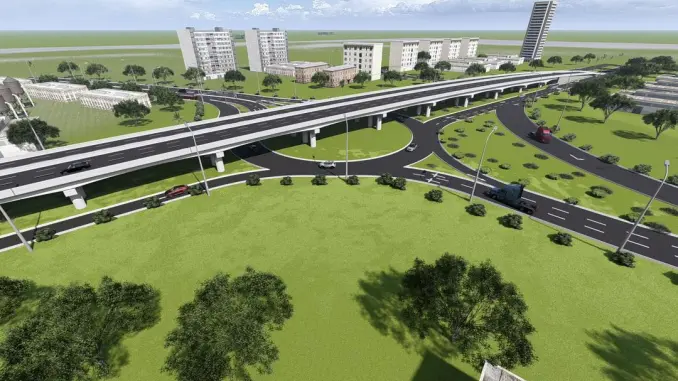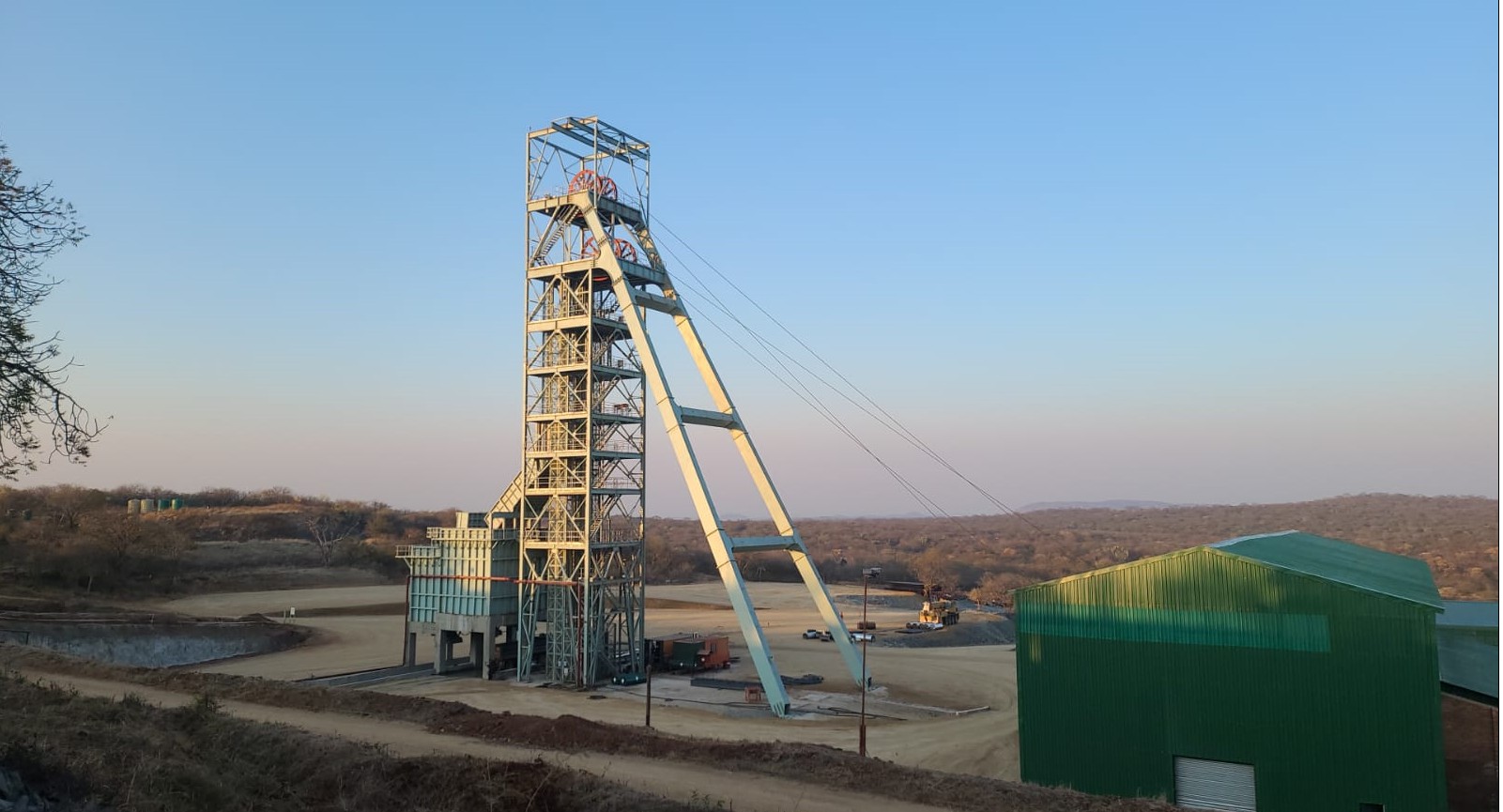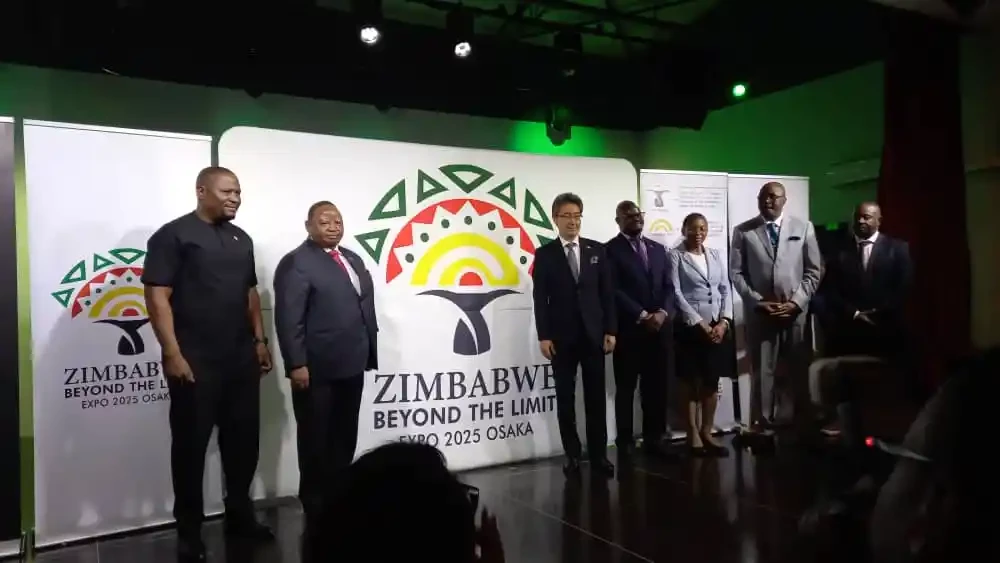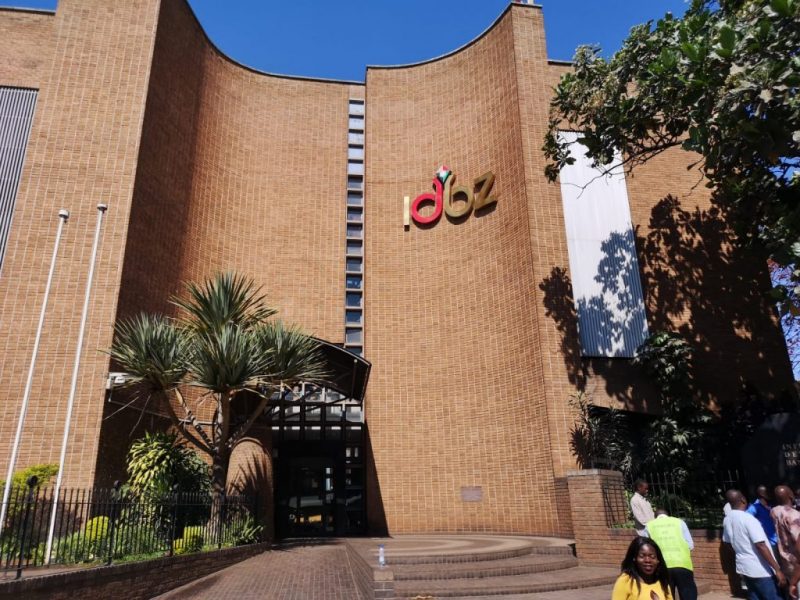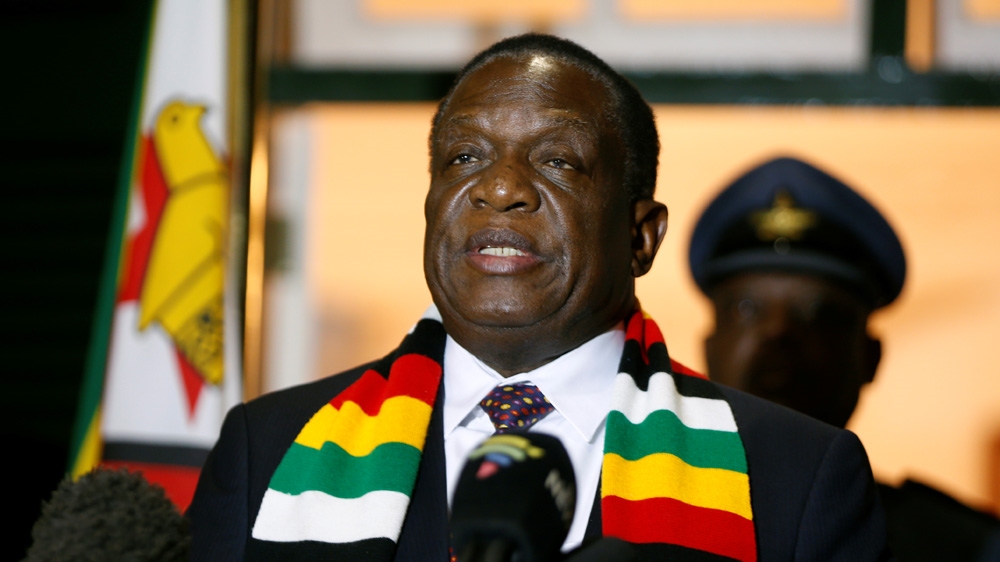Industry lauds economic ministries appointments
ECONOMISTS and industry players have backed key economic ministries appointments saying the move instils confidence in the market as the individual ministers appointed have proven track records of delivering.
President Mnangagwa on Monday unveiled his new Cabinet that is largely expected to consolidate macro-economic stability as the country forges ahead with its economic transformation agenda riding on the comprehensive reforms ushered in since the coming in of the Second Republic.
Ministries with a strong economic bias include Finance and Investment Promotion, Energy and Power Development, Mines and Mining Development, Industry and Commerce as well as Tourism and Hospitality Industry.
Economic commentators said economic ministries interface with an array of potential local and international investors and funders and as such they should be led by ministers that command respect and foster stability across the board.
In making his appointments, President Mnangagwa retained Professor Mthuli Ncube in the modified Finance and Investment Promotion Ministry which was previously Finance and Economic Development.
Minister Barbara Rwodzi was appointed to the Ministry of Tourism and Hospitality Industry which now stands alone from the Climate Change, Wildlife and Environment Ministry.
Minister Barbara Rwodzi
Tourism is the third largest economic sector in the country after mining and agriculture.
The Ministry of Energy and Power Development is now under Minister Edgar Moyo while Dr Sithembiso Nyoni, the former Minister of Women Affairs, Community and Small to Medium Enterprises, is now the Minister of Industry and Commerce.
Minister Dr Sithembiso Nyoni
The Ministry of Mines and Mining Development is now under Minister Soda Zhemu.
Development economist Dr Prosper Chitambara said he looks forward to Prof Ncube continuing with his economic policies that promote growth and stability.
Minister Soda Zhemu
He said he expects among other measures, the relaxation of the tax regime.
“During his first term, we saw austerity dominating and Prof Ncube came up with a number of taxes to try to mobilise domestic resources to finance critical Government spending. In the second term, I think we are going to witness a loosening of his stance and probably see a reduction in some of the taxes as he has promised a whole relook of the tax regime after the elections,” said Dr Chitambara.
He said there was a need to loosen austerity and fiscal policy measures to give economic growth breathing space.
Dr Chitambara said the issue of the tax regime has been a major concern and should be looked at with a view of reducing some of the taxes.
He said there might be more public spending and investments in social sectors with a view to enhancing the well-being of citizens.
Last week, Treasury said there was no need for panic or to speculate about macro-economic stability post the election period as the Government will maintain its tight fiscal and monetary policy stance to guarantee stakeholder confidence in the economy.
President Mnangagwa has expressed his commitment to continue driving the development momentum in line with Vision 2030 and has pledged to fulfil all his electoral promises.
In a statement, the Treasury said considerable progress has been achieved in fostering domestic macroeconomic stability through the implementation of a broad range of fiscal and monetary stabilisation measures.
“In this regard, the Government will continue with the tight fiscal and monetary policy measures.”
Players in the business and energy sector said there is a need for the country to boost electricity supplies to 2 350MW by 2025 to meet demand, especially from the mining sector.
They said the template has already been set fo Energy and Power Development Ministry which is now headed by Minister Edgar Moyo
Minister Edgar Moyo
The country’s economy is on a rebound due to various policies initiated by the Government that have seen growth in the mining and agricultural sectors.
A Bulawayo-based entrepreneur, Miss Gladis Nxumalo said it is important for the ministry to accelerate energy projects countrywide to cater for increased demand.
“We have seen in the past the adverse effects of power shortage to the performance of industry,” said Miss Nxumalo.
She said Minister Moyo and his team should hit the ground running to address the issue of ensuring adequate power supply at all times by accelerating ongoing rehabilitation works at power stations.
“The country needs to also embark on new projects across all provinces to reduce pressure on Hwange and Kariba Power stations,” said Miss Nxumalo.
The mining industry is one of the sectors anchoring the economy and is set to drive the country towards the attainment of an upper middle-income economy by 2030.
Various economic models implemented by the Second Republic are now paying off given the several achievements registered that include the anticipated achievement of the US$12 billion mining economy by the end of this year
In 2019, the Government launched the US$12 billion mining industry which should be achieved by the end of this year.
Artisanal miners who are expected to play a key role in attaining the US$12 billion mining industry have called on the Government to remove bottlenecks that include legislative gaps that impede their work.
They said some individuals are holding onto Exclusive Prospecting Orders (EPOs) for speculative purposes and there was therefore urgent need to address this.
EPOs confer exclusive rights to prospect for specific minerals in an identified location and allow investors to explore the country for minerals and produce bankable exploration results that can attract investors.
Young Miners Foundation (YMF) chief executive officer Mr Payne Kupfuwa said going forward, they expect a broader inclusive approach that incorporates young miners.
He said young miners are eager to contribute to the growth of the sector and in the process creating employment.
“We look forward to continue from where former Minister Chitando left as we work to attain the US$12 billion mining economy. We are keen to see special entry qualifications for young miners who want to participate in strategic minerals such as lithium, copper and chrome,” said Mr Kupfuwa.-chroicle


